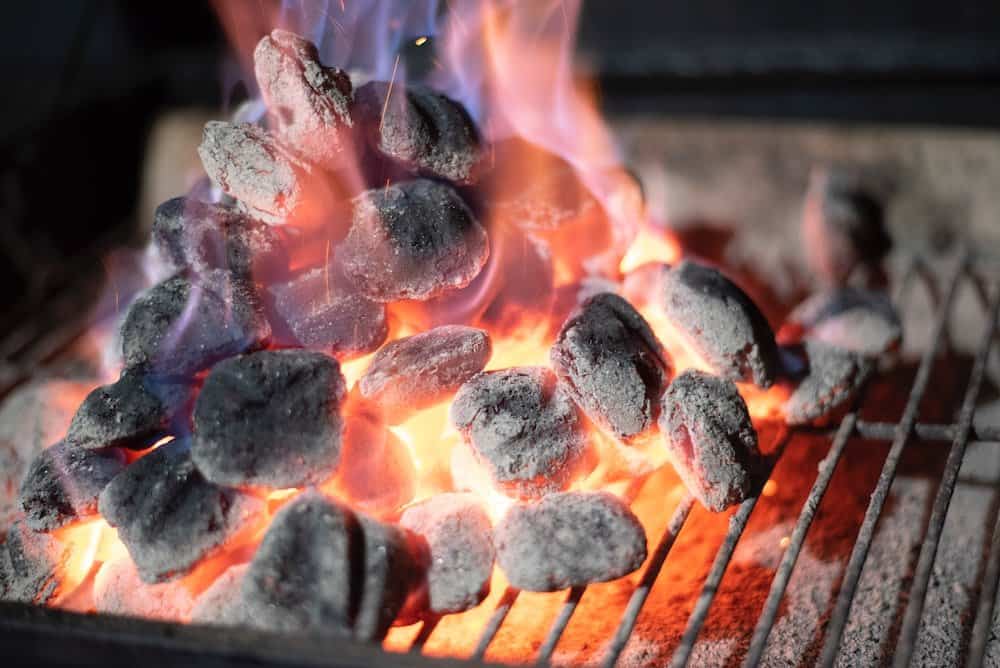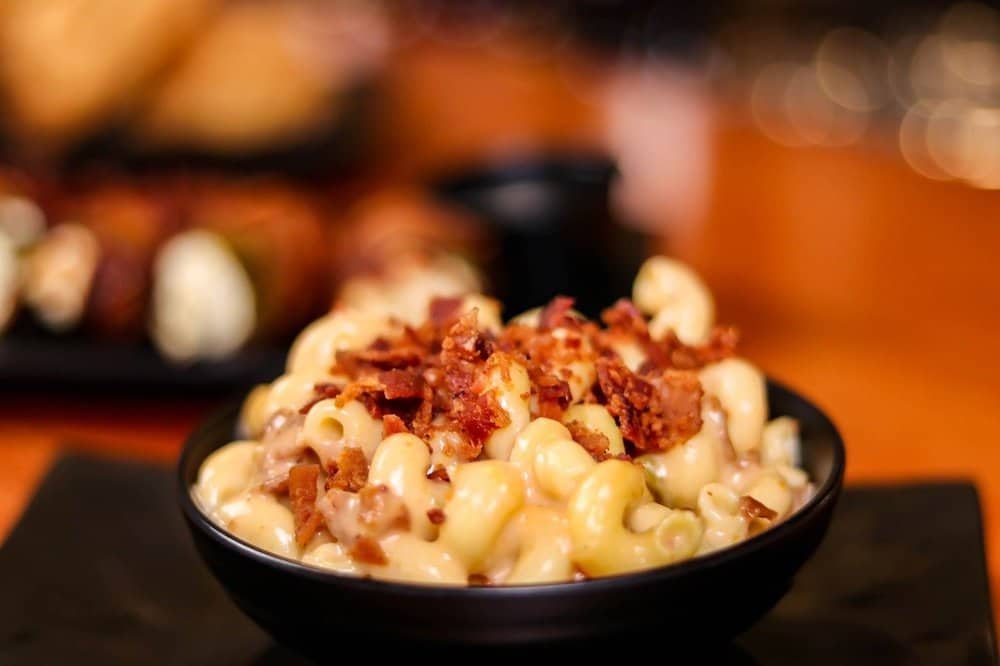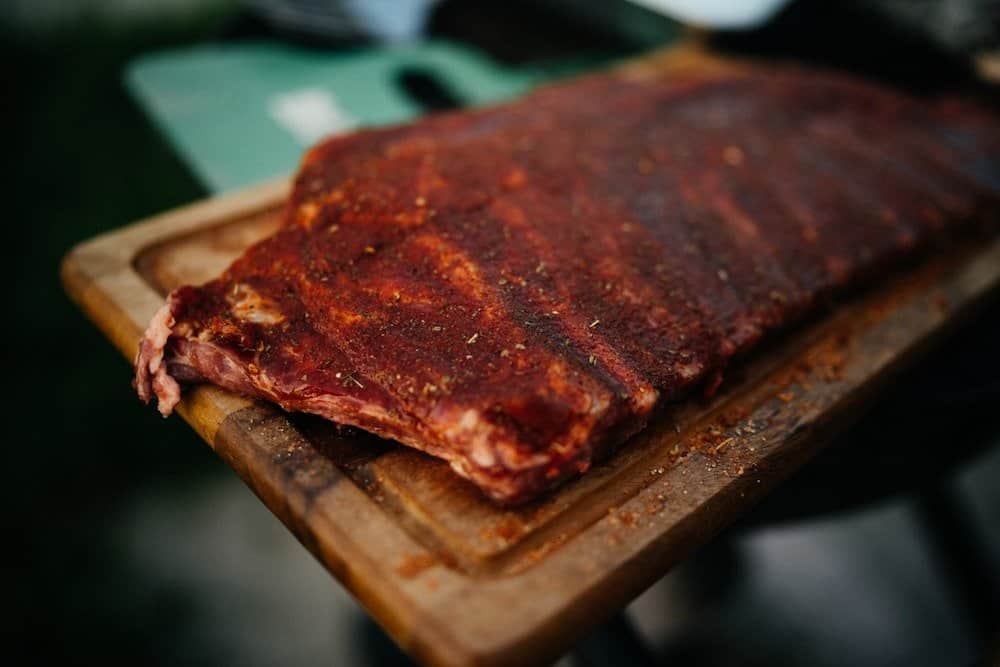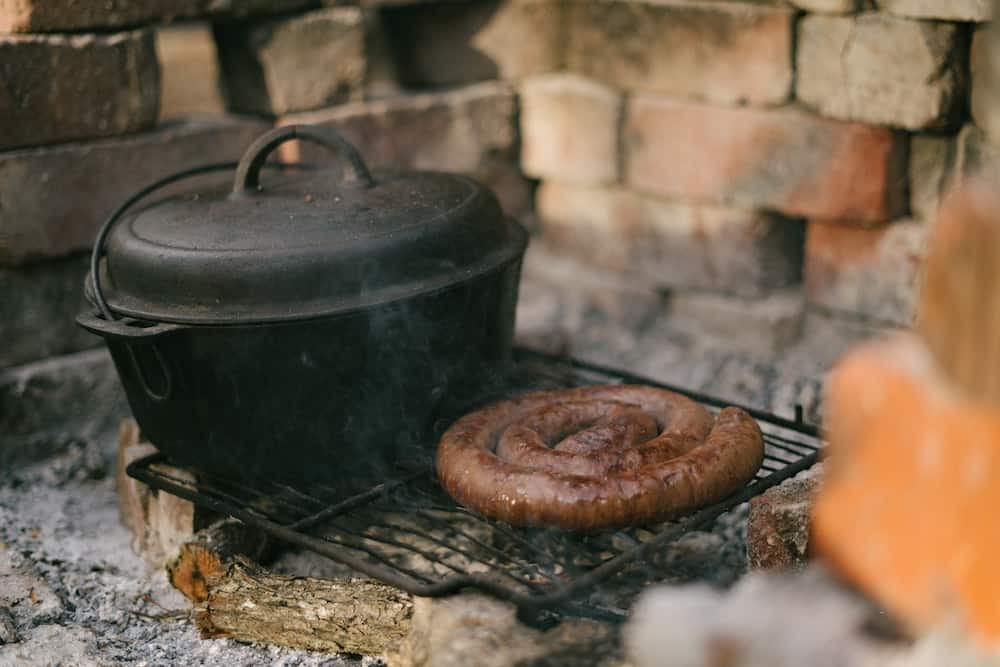Brining your chicken or turkey is vital as it contains a limited amount of fat, and therefore, your meat turns out rubbery and dry.
When you soak the meat in a salt and water solution for a few hours, the salt infuses the proteins through diffusion. It is a process in which salt particles pushes down the protein molecules to spread it throughout the meat to make it softer and flavorsome.
However, brine contains higher sodium concentration, which can make your meat extremely salty if you don’t brine it properly. But what is brining?
What is Brining?
It is a flavoring process that requires you to dip the meat in saline water for several hours. You may add other seasonings as well and let the meat sit for 1-24 hours. Typically, the brine solution contains a higher level of salt; as a rule of thumb, 1 cup salt for 1 gallon of water.
This means your brine consists of 25% salt and 75% water and other additives. The defining element of brining is to let the meat bath in saltwater for a long duration to improve the cooking or smoking process.
When you put the meat in brine, it also soaks an excess amount of liquid and thus increasing the meat weight by 8%. Your meat will lose a similar quantity of liquid during the smoking, and thus you’ll have juicier and firm meat.
Reasons To Use A Brine
Makes the Smoked Meat Juicy
When using a smoker for cooking meat, it’s best to brine it first—whether you’re smoking pork ribs, turkey fillets, chicken breasts, beef briskets, or any other meat. Brining meat for at least a few hours helps you enhance its taste.
It is because brining increases the level of moisture in any meat, which can otherwise dry out when smoked. As your meat cooks in the smoker, it evaporates the moisture, which is responsible for making the meat juicier and flavorsome.
The extra liquid from the brine increases the moisture content of the meat to keep it juicy and tender even after smoking for hours.
Allows The Meat To Absorb More Smoke And Flavors
In brining, the salt particles break down protein molecules, allowing the seasonings and additives to penetrate the meat. It also allows the meat to absorb the smoke, which in turn adds a nutty, earthy flavor.
Typically, you can smolder wood by igniting and burning to release flavorful smoke that fills inside the smoker to cook the meat. When the meat is brined, the added liquid and broken protein molecules trap the smoke compounds inside for superior texture and taste.
Regulates Cooking Temperature
Brining your meat beforehand helps you control the temperature for smoking. It also evenly distributes the water content in the meat and thus cooks each meat part uniformly. Otherwise, certain portions with less fat can dry out or burn while others may remain uncooked.
In addition, bringing your meat for several hours can dissolve muscle fibers and reduce the toughness of meat; thus, your meat cooks on a smoker easily.
Step-by-Step Guide to Brining Your Meat
There is no doubt that brining has several benefits, but how can you do it properly to yield the best results. You can find the entire process in detail below:
Prepping Your Brine
For additional flavor, you can use some more ingredients to the conventional salt-based bines. People use sweeteners such as honey and sugar to kill the salty taste of the brine. Vinegar, wine, and citrus preserves are also great alternatives to enhance the texture and reduce cooking time.
Common ingredients like garlic, paprika, and thyme are seasonings that make the meat flavorful. A classic, holiday season chicken includes two tablespoons of garlic, onion, thyme, and paprika—all in powdered form, and 1 cup of vinegar added to a gallon of brine. It’s great for peppering whole chicken.
Soak the Meat
Generally, meat is soaked for hours or even overnight in the brine for its goodness. The rule of thumb is to salt bath your meat for 1 hour per pound, but make sure to immerse it entirely. After dipping the meat, place it in the refrigerator for the desired period. Once you’ve soaked for the required time, remove it and rinse thoroughly to remove excess salt. If you forget washing your meat, it will end up salty.
Smoking Time
After brining your meat for 12-24 hours, it’s ready for smoking. Do it the usual way you —-typically ribs take 5 hours while a brisket takes 30-60 minutes per pound. Meanwhile, it takes 2.5 -3 hours to smoke whole chicken, but approximately an hour for the breast pieces. The holiday-styled turkey takes about 30 minutes per pound to cook thoroughly in a smoker. The ideal temperature for smoking varies between 225 -275 F, depending on the type of meat you’re using.
The Correct Ratio for Making Perfect Brine
The basic salt to water ratio for the brine is one teaspoon of salt in one cup water. It is easier to dissolve the salt in hot or warm water, but you should let it cool off before submerging the meat. You should place it in a large container and cover it with a lid to let the salt and flavors infuse properly.
When using whole chicken or turkey, you should let it rest for 12-24 hours. But if you’re using smaller cut meats such as wings and ribs, then half an hour bath is enough. To permeate more flavors, throw some spices and herbs that complement well with the final dish. Lemon rind and sprigs of rosemary or thyme are great for roasted chicken while sugar and asparagus go well with stir-fry pork chops.
Wet Brine vs Dry Brine
Although the results are the same, dry brine is more technique based. All you need is sprinkle a generous amount of kosher salt and rub it thoroughly into the cervices of the meat. It requires methodical attention to evenly pack salt on the entire surface. You can even add different herbs and seasonings during the process for a flavorful delight. It requires meticulous practice and leads to a stronger, savory taste.





